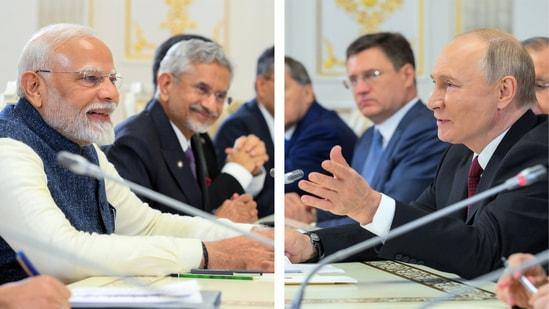In a dramatic turn of events just hours before the Paris Olympics 2024, France’s high-speed rail network was hit by a major arson attack on Friday. Officials have called the fires that ravaged the Atlantic, northern, and eastern rail lines deliberate acts of “sabotage,” disrupting travel for nearly 80,000 passengers during the peak summer holiday season.
The coordinated attack, which targeted critical fiber optic cables essential for train safety, caused widespread train cancellations and delays. Jean-Pierre Farandou, CEO of national rail operator SNCF, reported that repairing the damaged cables is a painstaking process requiring hundreds of workers. Delays of up to two hours were reported on services between Paris and northern and eastern France.
As the chaos unfolded, EuroAirport, located on the Franco-Swiss border, was evacuated due to a bomb threat. The airport has since resumed limited operations. Meanwhile, Basel-Mulhouse Airport was also closed for “safety reasons” as a precaution.
French Prime Minister Gabriel Attal condemned the attacks as “coordinated and prepared acts of sabotage,” highlighting their severe impact on the rail network. SNCF reported that unauthorized individuals were spotted by rail workers during routine checks, prompting a police response.
Despite the severity of the disruption, rail services to France’s southeast remained operational, although train connections between Paris and London were cancelled. The attacks come at a time when Paris is on high alert for the Olympics, with around 300,000 spectators, including numerous VIPs, expected for the opening parade.
Officials have labeled the sabotage as “criminal action” with potential prison sentences of 15 to 20 years for those involved. While investigations are ongoing, sources suggest the attack bears similarities to previous incidents linked to far-left extremists. However, there is no confirmed connection between the attack and the Olympics.
With Paris already bracing for the international spotlight of the Games, the disruption highlights the heightened security challenges facing the city. The Olympics will open outside France’s main athletics stadium for the first time, adding an additional layer of complexity to the event’s security management.











